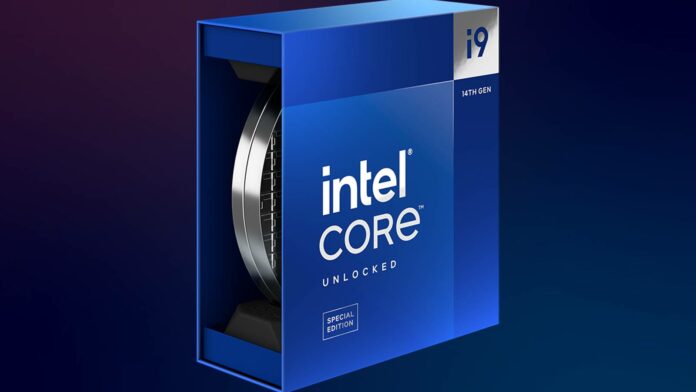With more reports of crashing and failing Intel Core i9 processors, a solution to get around the instability issues has been suggested which includes hampering their performance – far from ideal.
As reported by Wccftech, the leading Intel Core i9-14900KS sees its wings clipped from 6.2GHz down to just 5.1GHz to fix stability problems, which is a decrease of 17.7% when using the default BIOS option. In terms of real-world gaming performance, you’re looking at a 10% degradation, with framerate drops common in CPU-bound titles. It’s a far cry from the proposed prowess of what is the best CPU from a raw technical perspective.
Intel has yet to issue any patch or widespread fix for Intel Core i9 CPUs that are experiencing issues at this time. Instead, Team Blue has offered new guidelines for motherboard manufacturers and users to circumvent these problems. As we’ve reported previously, it was believed that the instability issues were caused by power limits; however, the actual cause being this widespread is not confirmed. Intel is investigating things, but after several months, it’s disappointing to know the only workaround is to kneecap your CPU’s performance.
Benchmarks posted by Bang4BuckPC Gamer reveal just how drastic Intel Core i9-14900KS drops can be when switching to the new ‘Performance’ profiles available from certain motherboard manufacturers. Single-core performance for gaming has taken the biggest hit as the processor runs at 125W instead of its full 150W TDP. Other motherboard profiles, including baseline may see further reduced performance, however, stability appears to be fixed. We’ll update you as we know more as the ongoing story develops.
It’s disappointing news, considering the 13th and 14th Gen i9 processors are the most expensive of their respective hardware generation. In particular, the Intel Core i9-14900KS retails for £685 which is about as pricey as gaming CPUs come. Spending so much on a chipset suffering from major issues just isn’t good enough, and this solution isn’t exactly a catch-all fix. If you’re on the fence about buying one, we recommend investing in a 14th Gen i5 or i7 instead and then investing once the dust has settled.

